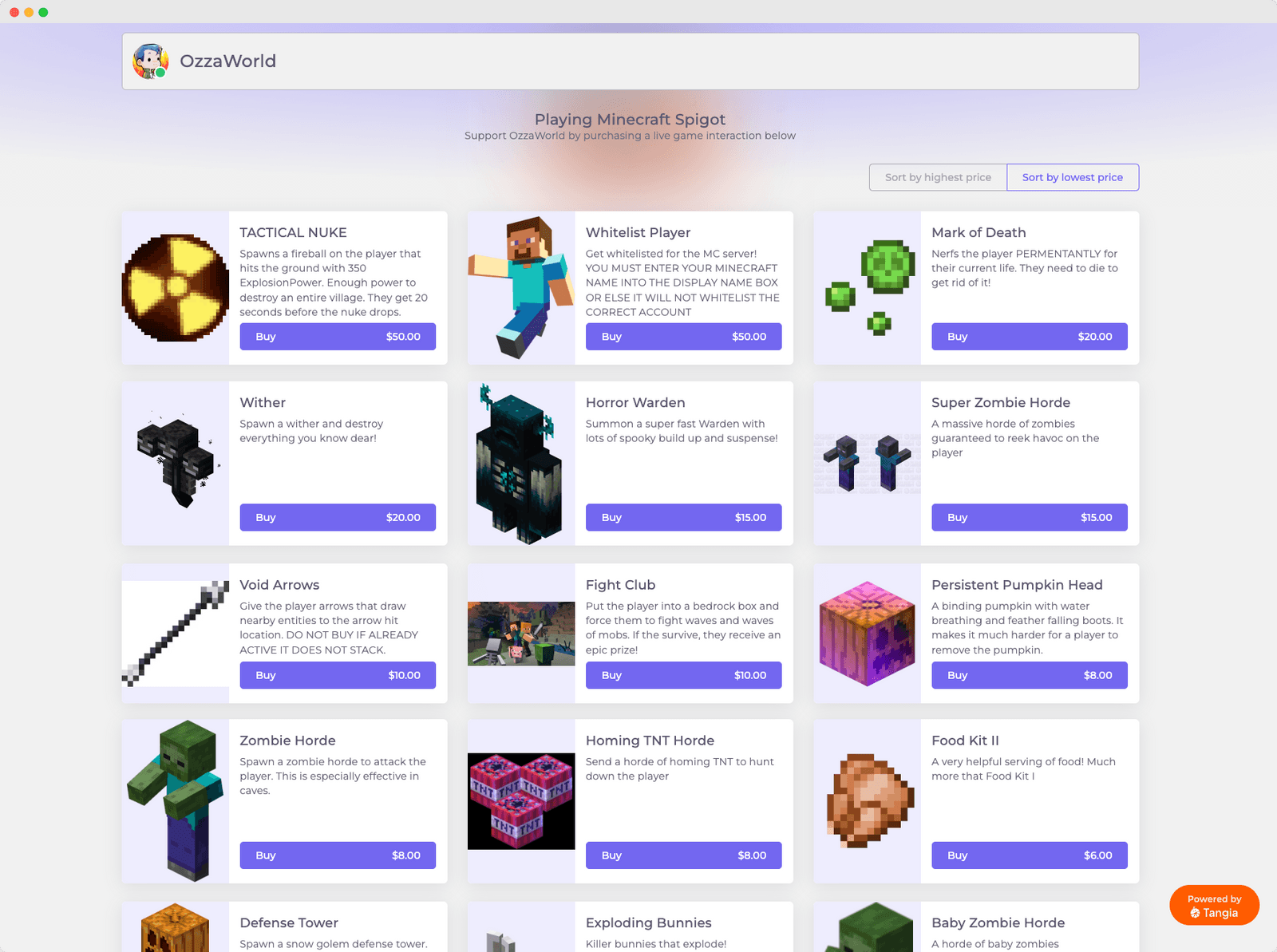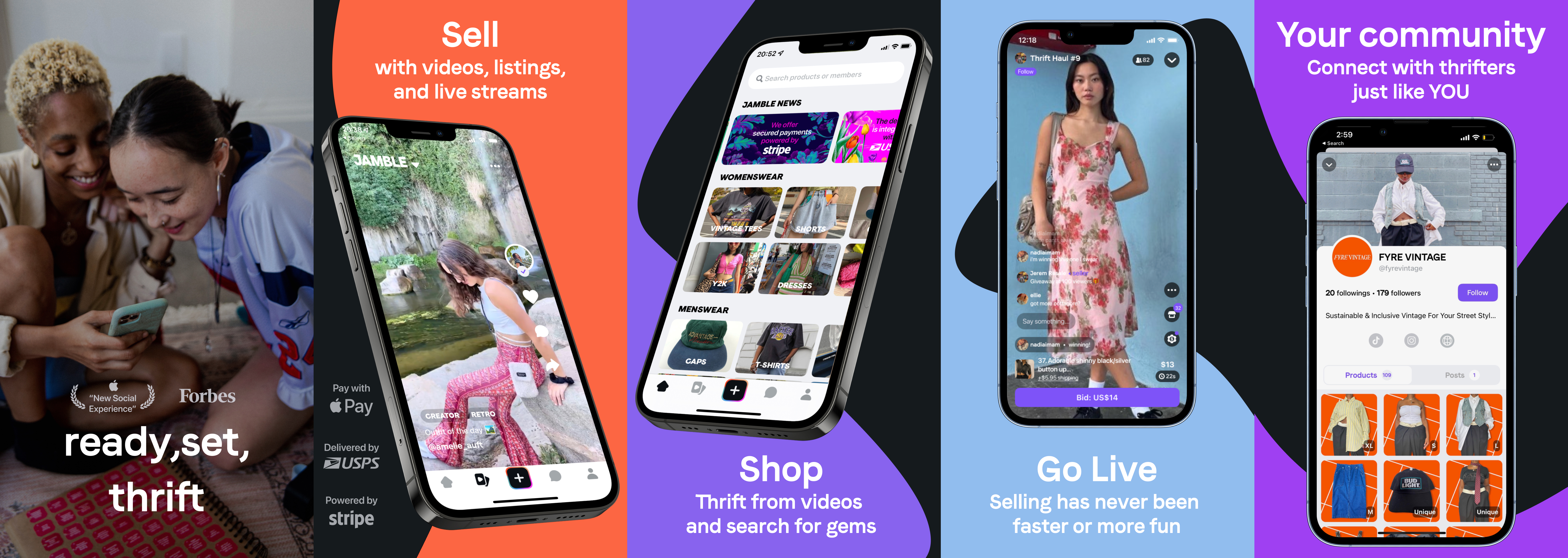Creator economy startups are tricky. It can be risky to ask creators to rely on a possibly precarious, pre-seed company to power an important aspect of their business — if you fail, as most startups do, you might inadvertently end up hurting other independent entrepreneurs, which is (hopefully) the last thing a founder wants.
But some startups in the sector have had the opposite effect, making creative, online careers more attainable than ever. Platforms like OnlyFans and Patreon have helped creators earn a sustainable income, while Linktree managed to turn a chunk of Instagram real estate into a unicorn.
Y Combinator doesn’t seem particularly interested in the creator economy, though. If you filter the list of Summer ’22 companies for startups tagged “creator economy,” it’s not a very long list. Plus, for some of the companies listed, I wouldn’t define them as creator companies (Taro seems useful for an aspiring software engineer, but a future product lead at Google isn’t really in the same boat as a YouTube chef).
Regardless, a few companies stuck out in this batch as up-and-coming tools for fashion bloggers and Twitch streamers alike.
Tangia
What makes video game streaming different from just watching a generic playthrough? Viewers to interact live with their favorite streamers, watching how their commentary and input impacts their gameplay. Already on streaming sites, fans can pay to get a shout-out on stream, or to highlight comments to these creators. But Tangia is taking that idea to an even more interactive level.

Right now, Tangia is compatible with the mega-popular sandbox game Minecraft. Viewers can purchase interactions within a streamer’s Minecraft game — for example, a fan might spend $8 to spawn a zombie horde to attack the player, while another fan might pay $10 to give the streamer an upgraded weapon.
This model would be near impossible to exist in games that aren’t as customizable as Minecraft — unless you’re using some wild emulators, I don’t think you could pay to spawn a shiny Pikachu in a streamer’s Pokémon playthrough. But Minecraft is enough of a streaming cash cow that Tangia already has something special on its hands.
https://www.tiktok.com/@tangiaco/video/7135920248473013547?is_copy_url=1&is_from_webapp=v1
The best part about Tangia is that it only takes 10% of revenue from streamers’ sales — that’s pretty good for a platform fee. Aside from Minecraft encounters, Tangia users can also sell subscriptions to their subscribers, which gives them a 90% payout as well.
Right now, Tangia is integrated with Twitch, Minecraft, Discord and Stripe. Tangia is also taking on competitors by offering its own built-in “link in bio” product. Plus, in addition to Minecraft encounters, Tangia users can sell subscriptions to their subscribers, which gives them a 90% payout as well.
Jamble
Jamble is a secondhand clothing market that uses short-form video and livestreaming to help users make sales. Personally, the concept excites me because I find it hard to shop for thrifted clothes online — I know my size in fast fashion brands that I’ve shopped for ages, but I have no idea what would fit me in some 80s brand I’ve never heard of. By seeing actual people wear the clothes in a video clip, it’s easier to get a sense of the fit, style and texture of a garment.
“Live streaming is a game changer in secondhand fashion,” Jamble writes. “Connecting with an audience in real time, answering all questions at once and selling to the highest bidder is the most effective way to move inventories – way more than managing static listings for months.”

The three French founders of Jamble started the company at home before moving to the U.S. Two of them once ran their own online vintage shop, no doubt sparking their idea for the app.
Popsy
I’m not sure I would fit Popsy into this category — for example, is Squarespace or Wix a creator economy company? It’s borderline.
So many no-code website builders exist, but Popsy is fun and eye-catching. The company started when the founders fell in love with Notion (we’ve all been there) and noticed how easy it is to publish attractive documents online. But Notion is intended to be a note-taking app, not a no-code web builder. So, that’s where Popsy comes in.
Now, Popsy has moved beyond its Notion-driven origins. Still, their endgame could be an acquisition.
It’s free to create sites — no need to sign up for a free trial and remember to cancel before you get charged. But if you do decide to commit to the site, it’s $8 per month and can be equipped with a custom domain. Compared to other no-code website builders, that’s not a bad deal.































Comment